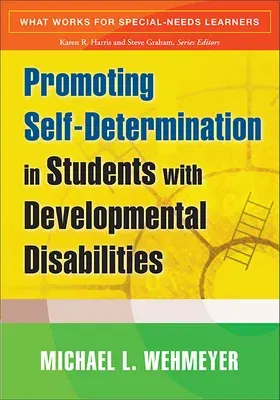Michael L Wehmeyer
(Author)Promoting Self-Determination in Students with Developmental DisabilitiesHardcover, 13 April 2007

Qty
1
Turbo
Ships in 2 - 3 days
In Stock
Free Delivery
Cash on Delivery
15 Days
Free Returns
Secure Checkout

Reading Age
Ages: 11-17
Grade Levels
6-12
Part of Series
What Works for Special-Needs Learners
Print Length
206 pages
Language
English
Publisher
Guilford Publications
Date Published
13 Apr 2007
ISBN-10
1593854617
ISBN-13
9781593854614
Description
Product Details
Audience:
Ages: 11-17
Author:
Book Format:
Hardcover
Country of Origin:
US
Date Published:
13 April 2007
Dimensions:
25.35 x
18.69 x
2.01 cm
Educational Level:
Grade Levels: 6-12
Genre:
Education
ISBN-10:
1593854617
ISBN-13:
9781593854614
Language:
English
Location:
New York, NY
Pages:
206
Publisher:
Weight:
557.92 gm